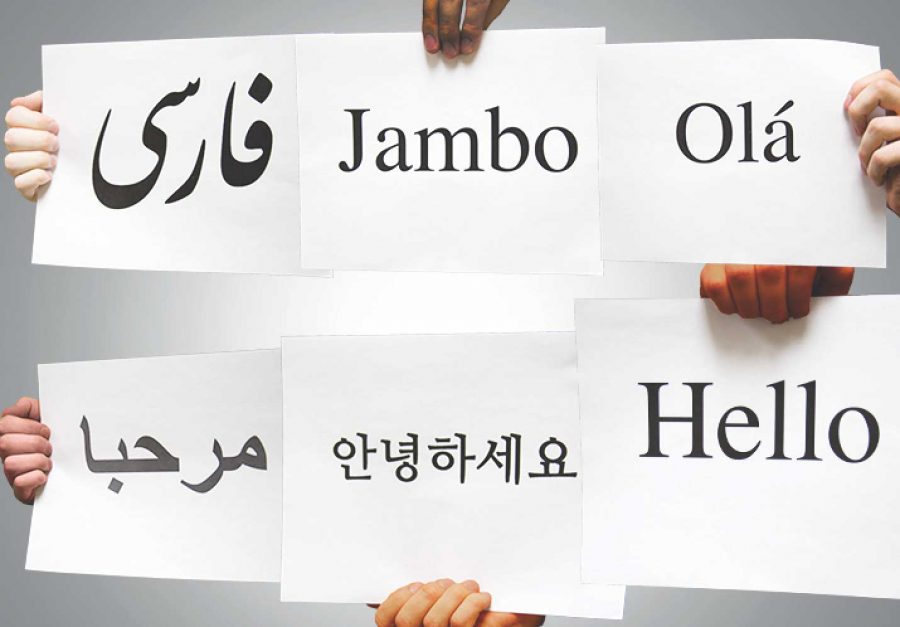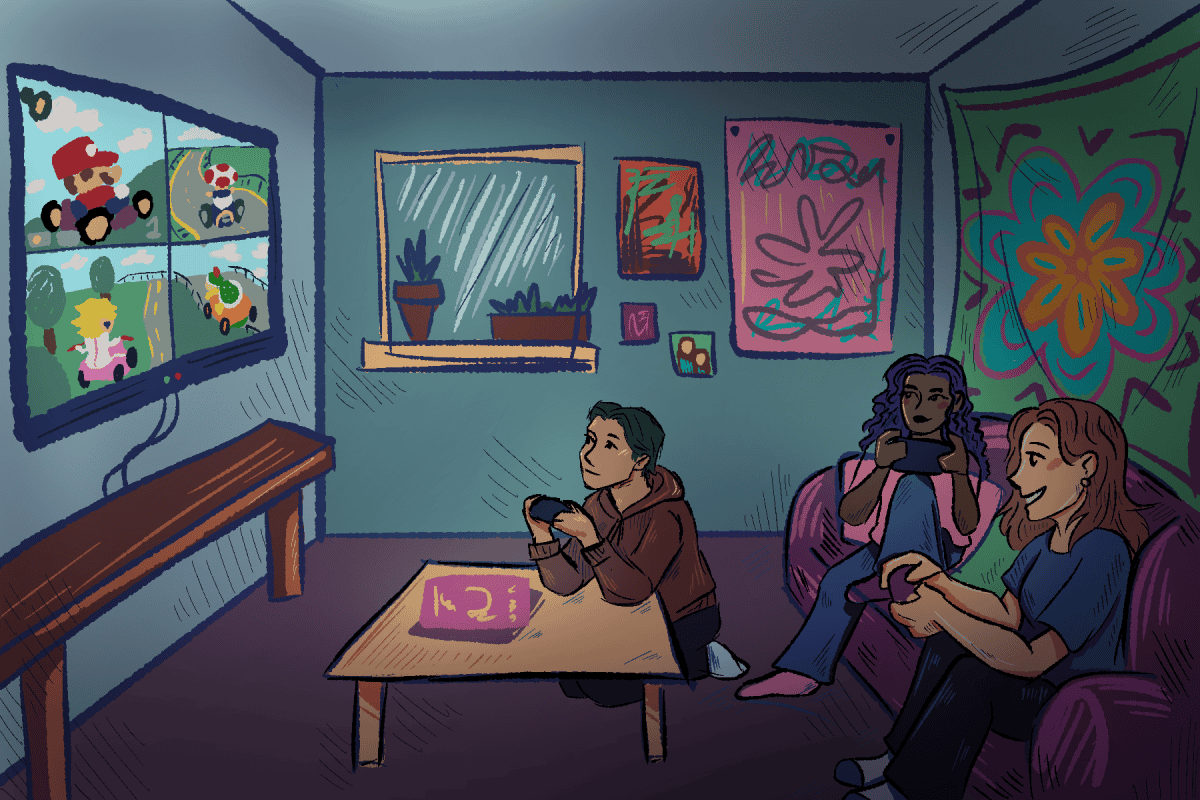Since Sept. 11, 2001, schools and universities across the nation have placed greater emphasis on their critical languages programs. Students are deciding to learn languages that are radically different from English, in grammar, speech and cultural heritage. Yet, counter to the trending need for Arabic speakers and knowledge of the Middle Eastern culture, The University of Alabama terminated its upper-level Arabic program this semester.
The National Security Education Program defines critical languages as non-Western-European languages critical to U.S. national security.
“We call them critical because they’re important to learn,” said Koji Arizumi, director of the Critical Language Center at The University of Alabama.
The center offers approximately 20 critical language courses at a beginner level, including Korean, Farsi and Arabic. However, with the termination of the upper-level Arabic program this semester, students enrolled in the critical language center said they have questioned the program’s approach.
“I’ve always loved studying languages, and when I first came into contact with Arabic, I thought, ‘This is so cool,’” Anne Lewis, a sophomore majoring in anthropology and Spanish, said. “I want to become fluent in Arabic and do something with it in my career. It was my goal, even before I came to college, but Alabama has slowed that down for me.”
In 2007, the number of Americans studying in Arabic-speaking countries jumped to 3,399 from 562 in 2002, according to a 2010 study by the Institute of International Education.
“I’m from the D.C. area, and almost all schools there have Arabic programs,” Fifi Wang, a senior majoring in political science, said. “They see there’s a need for that. And I think, why not Alabama?
“As a political science major, I’m told that the answer to getting hired in a government job is to be good at a critical language. When you take the Foreign Service exam, you get more bonus points for being competent in Arabic than for any other language.”
The CLC has also stopped offering courses in Hindi, Swahili and Vietnamese this semester due to lack of participation and the absence of tutors. Despite this, there are more than 200 students enrolled in the CLC, including its online classes. Although the CLC continues to offer courses in Korean, Hebrew, Portuguese, Turkish, Thai and Farsi, students cannot progress beyond a 200-level course.
“It’s good to know a critical language, even just the basics, for a future career,” Casey Delker, a sophomore majoring in marketing and international studies, said. She studied Korean 101 and 202 through the CLC. “It’s not necessary to communicate fluently, because a lot of people speak English, especially in the business world, but the main thing is understanding a different culture.”
However, Wang and her peers participating in the Arabic 300 class last semester said the stress of learning Arabic at the University hindered their progress.
“When I signed up for the independent study, I expected to work with tutors on an individual basis to further the Arabic I’d already learned,” Lewis said. “But the class felt like a waste of time.”
Both Wang and Lewis said the department’s use of native speakers, rather than certified professors, was part of the problem.
“It was very clear to me when I took 300 level that [the teacher] didn’t know the technical differences in the language,” Wang said. “I don’t think she ever fully explained a grammar concept to us.”
Arizumi said the department uses native speakers rather than instructors, bringing in external professors to moderate the examinations. Arizumi said the possibility of employing certified professors in the future may not be financially possible.
“Instructors are needed, but we also need money to research how we can develop our program,” Arizumi said.
However, Arabic has seen a success at other SEC schools. The University of Mississippi has a four-year program that takes students to a graduate level of study and also offers two semesters abroad. Their program director holds a doctorate in education and a master’s in Arabic. The University of Georgia has been offering an Arabic major since 2008 and has a partnership with a program in Morocco.
Arizumi said the Arabic 300 class at The University of Alabama was cancelled because students were failing to keep up with the pace of work.
“This university is a little bit behind,” he said. “Many students think this is just preparation to get a job, and that notion should change. Good students should not think of the classes just in terms of credit because credit doesn’t mean anything to companies. You need to be able to speak and understand the language.”
Despite this, students such as Wang said they have a passion for critical languages and their cultures.
“In ways, I don’t have words to describe what I love about the Middle East. It’s just a place where I feel like I belong,” Wang said. “I get very detailed memories of moments, like the smell of shisha on a summer night with the breeze in Jordan or taking boats down the Nile at sunset.”
Students said discrepancies within the program haven’t put them off pursuing critical languages.
“Because they dropped the Arabic independent study class this semester, I’ve continued learning Arabic on my own through the Al-keetab textbook and my Arab friends,” Lewis said. “I’m actually learning way more on my own than I did last semester.”
Both Arizumi and the students said they feel that the University needs to consider whether the critical languages program is going to advance in the long run.
“I do feel like the University looks backwards,” Wang said. “China, the Middle East, Africa … They’re different from western countries, and everyone knows that, but I feel like the University emphasizes Western European culture, language and history.”
“The administration needs to be thinking five or 10 years down the line,” Arizumi said. “But they are near-sighted. They only look at the immediate results.
“Before it’s too late, I hope The University of Alabama makes critical languages more popular, because they’re important for the students. They’re important for the future of the United States.”







